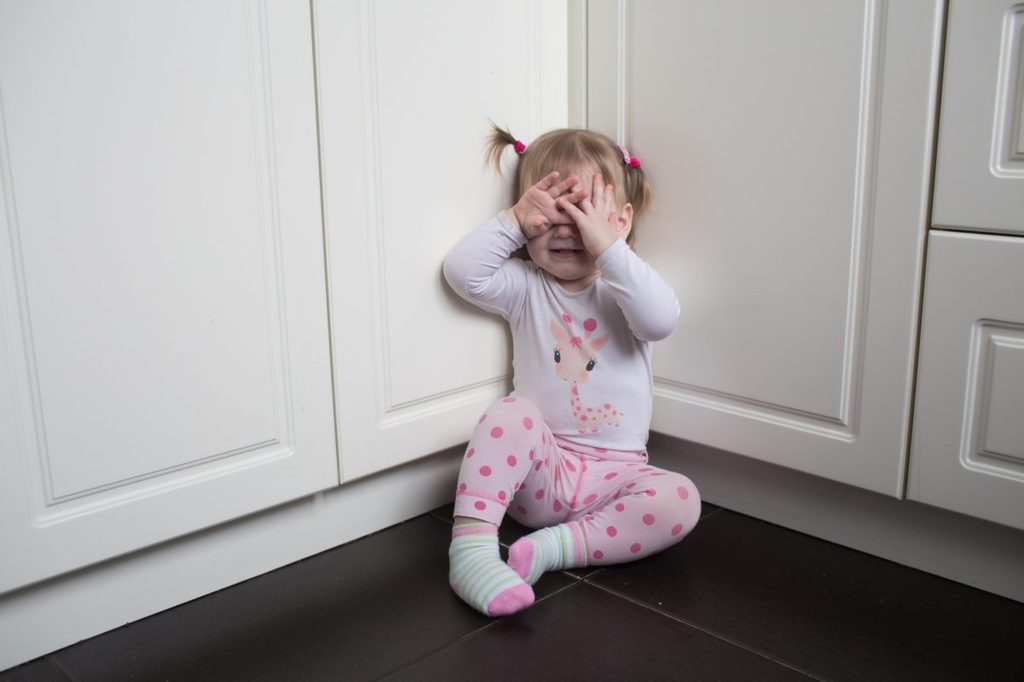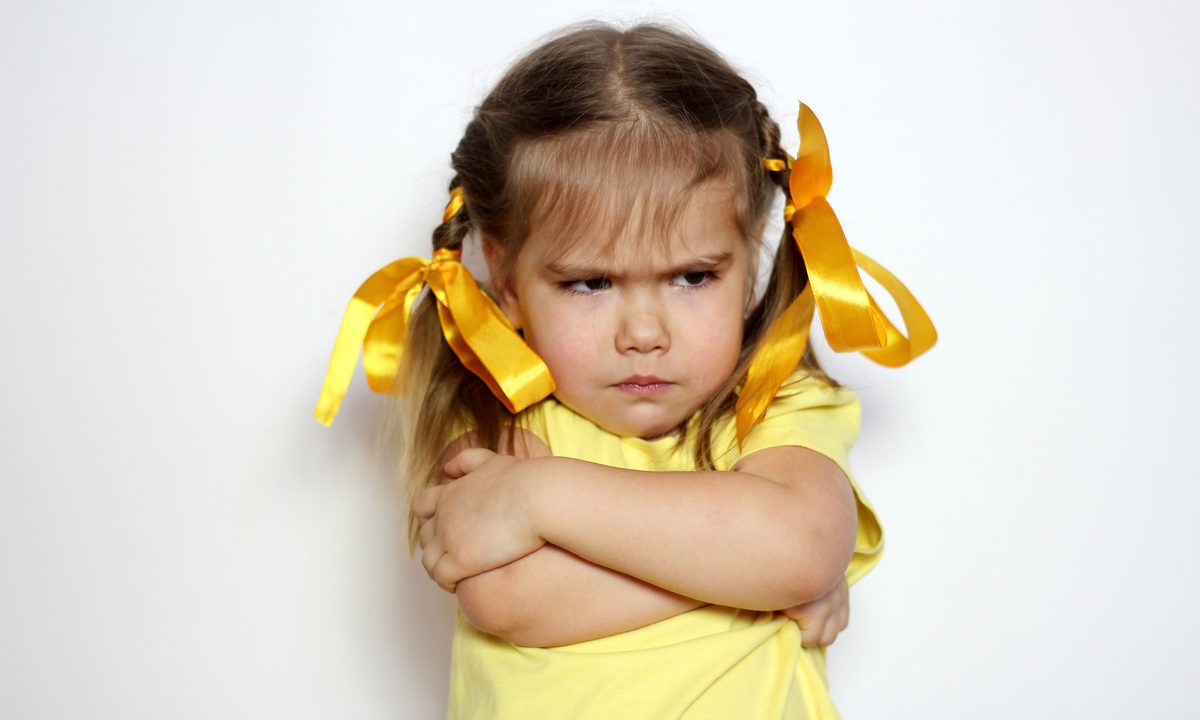Whether you’re a parent or not you’ve probably heard about the terrible twos. It’s the one stage of development many fear and dread simply because of its reputation. But, are 2-year-olds really that “terrible,” and has this stage of development earned its bad reputation? Let’s break down why 2-year-olds get such a bad rap and you can decide if the terrible twos are really that terrible.
The terrible twos

The terrible twos are a stage of development for young children that typically happens from 18 months of age through 30 months. Tantrums or meltdowns, defiance, and frustration usually characterize the terrible twos. The tantrums and meltdowns often occur because toddlers are frustrated. This developmental stage between 1 and 3 is a big one. Toddlers are growing both intellectually, physically, and emotionally. There is a lot to take in. Since toddlers’ language skills are developing, too, they don’t have the communication skills to express how they’re feeling.
“No” and “mine” are words parents of toddlers hear quite a bit. That’s because toddlers don’t necessarily want to do what you want them to do. Toddlers also want to be independent. The Centers for Disease Control and Prevention explains that your toddler’s desires to do things for themselves that earn them the terrible twos rep.
Toddlers also are learning to understand the concepts of sharing and taking turns. Without the language to express why a toddler doesn’t want to leave the park or let a sibling have a favorite toy, frustration occurs. Frustration then turns to tears and sometimes full-blown tantrums. Parents have all experienced tantrums at one time or another. Meltdowns are a big part of why 2-year-olds get the reputation for being terrible. The Mayo Clinic defines a tantrum as the way toddlers show frustration with their lack of language to explain what they want or need. What about the terrible threes, though (also known as threenagers)?
The terrible twos aren’t just for 2-year-olds

Some parents may tell you it’s not 2-year-olds you need to be concerned about, it’s 3-year-olds. Others may say the terrible twos lived up to their reputation with their toddler. The truth is, the terrible twos aren’t defined by the number of birthdays a child has.
Behaviors earning the terrible twos label can actually occur from 18 months until around 4 years of age. The reason is the terrible twos are developmental and kids are individuals. One toddler’s terrible twos is another preschooler’s terrible threes.
How to know if a child is in the terrible twos

The terrible twos are characterized by tantrums. All tantrums aren’t the same, however. Some are mild while others explode into head-turning meltdowns. Sometimes tantrums amp up quickly depending on the frustration level of the child and can get physical with biting, hitting, and kicking.
Besides tantrums, terrible twos behaviors can include irritability, mood swings, fighting with siblings or friends, yelling, or throwing things. Jennifer Katzenstein, Ph.D., is the Director of Psychology and Neuropsychology at Johns Hopkins All Children’s Hospital. Katzenstein says temper tantrums are a normal part of a toddler’s development.
Surviving the terrible twos

Once the terrible twos hit, know that as a parent, you will weather the storm. Keep these tips in mind to help manage the turbulence ahead.
- Have a set sleep schedule. Tired kids get frustrated quickly.
- Try to have a regular meal schedule. Like being tired, hungry kids have short tempers.
- Have healthy snacks on hand if you know lunch or dinner will be late or when you’re out and about.
Structure is important for developing toddlers, but you also don’t want to be so rigid that you never deviate from the schedule. When you do give your kiddos choices, keep it simple. Don’t overwhelm them with options.
How to deal with your 2-year-old

Although the terrible twos are a very normal and common part of development for your toddler, it doesn’t mean that their bad behavior has to go unaddressed. After all, sometimes toddlers act out to test limits and to elicit a reaction from their parents or caregivers, which is also very normal.
Disciplining your toddler is a necessary way to ensure they know that their behavior is unacceptable. Experts suggest not engaging with a child who is having a tantrum and/or walking away (as long as you’re in a safe space to do so.) You want to ensure you’re calm when you explain to your child that their behavior is unacceptable.
Diverting their attention while they are acting out or distracting your child is another way to head off a meltdown. Don’t forget that toddlers don’t always know what is right or appropriate behavior, so they may not understand why you’re upset with them. Patience truly is a virtue when it comes to parenting toddlers.
Try not to stress over the terrible twos

Don’t focus on the bad reputation of toddlers. Sure, the terrible twos can be trying, but the toddler stage is also a wonderful one where your little one is learning and growing every day. It’s actually a fun stage, but yes, there will be rough seas. Accept that, breathe deeply during those challenging moments, and pack your patience.




